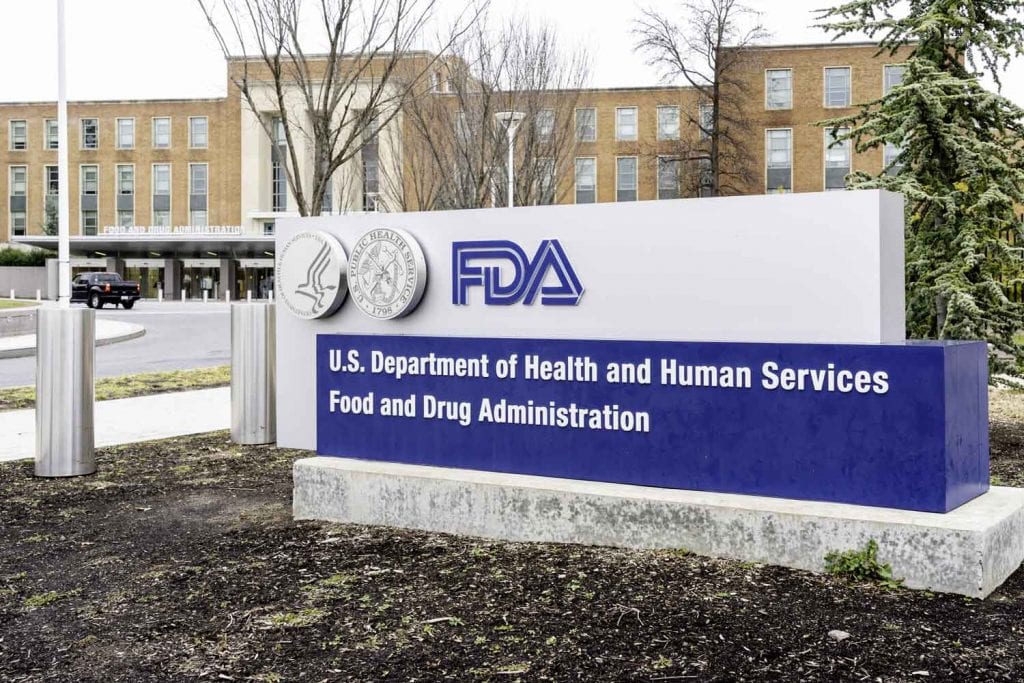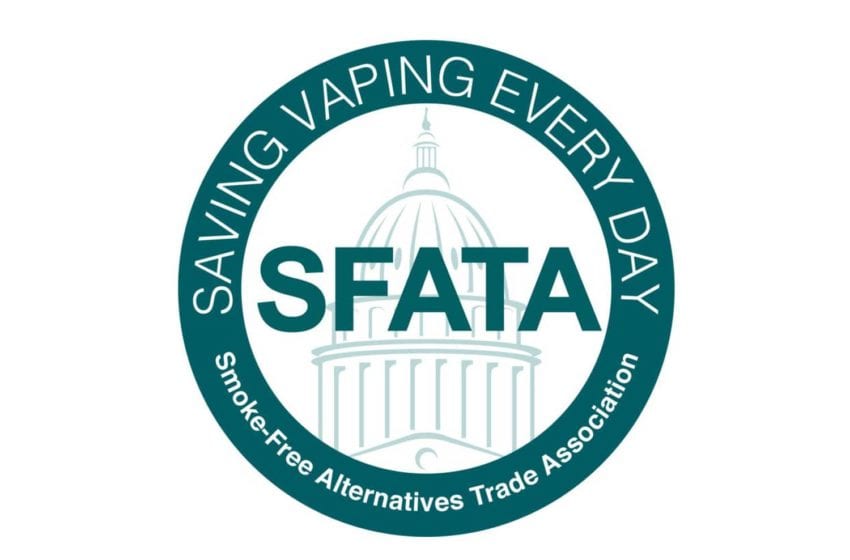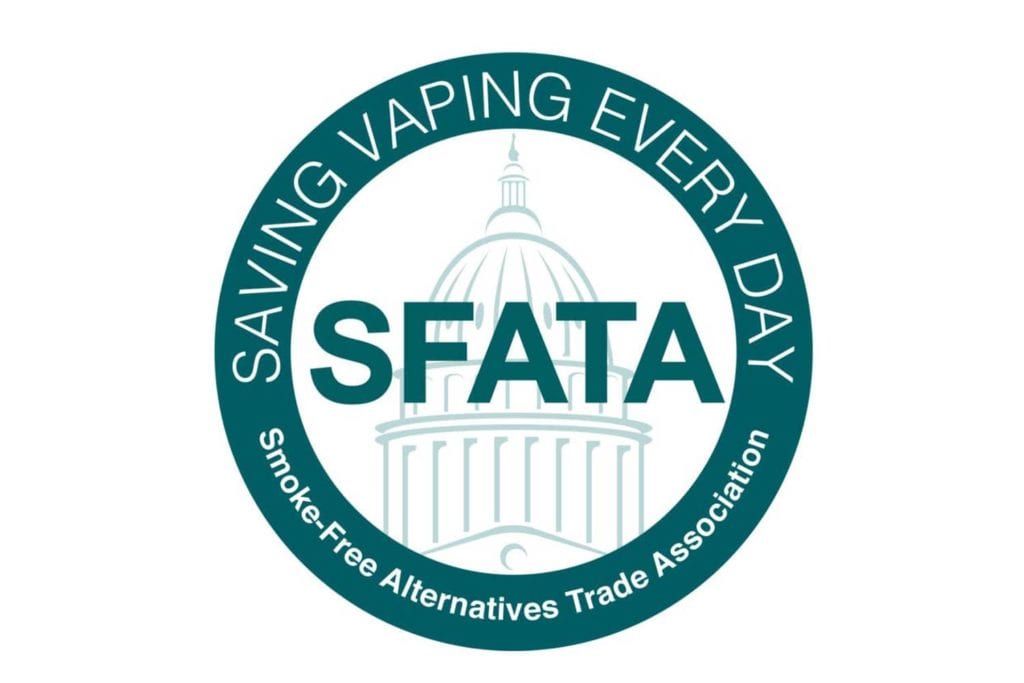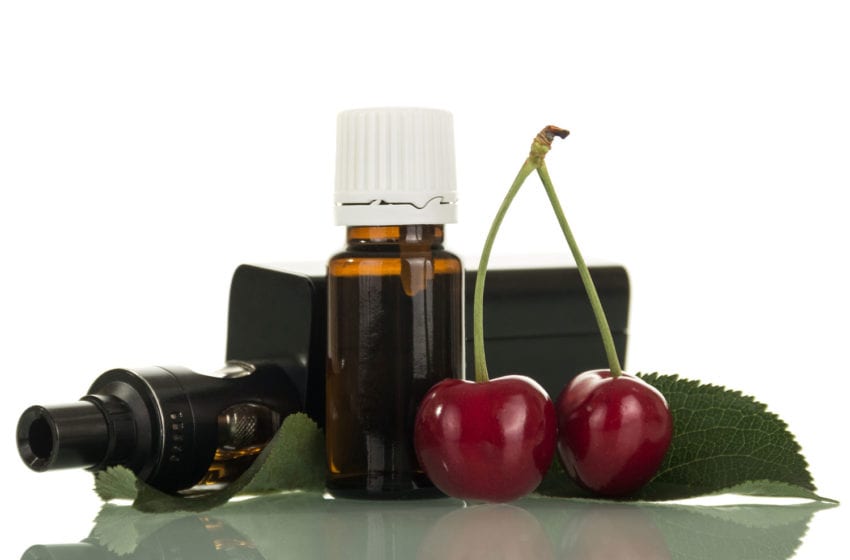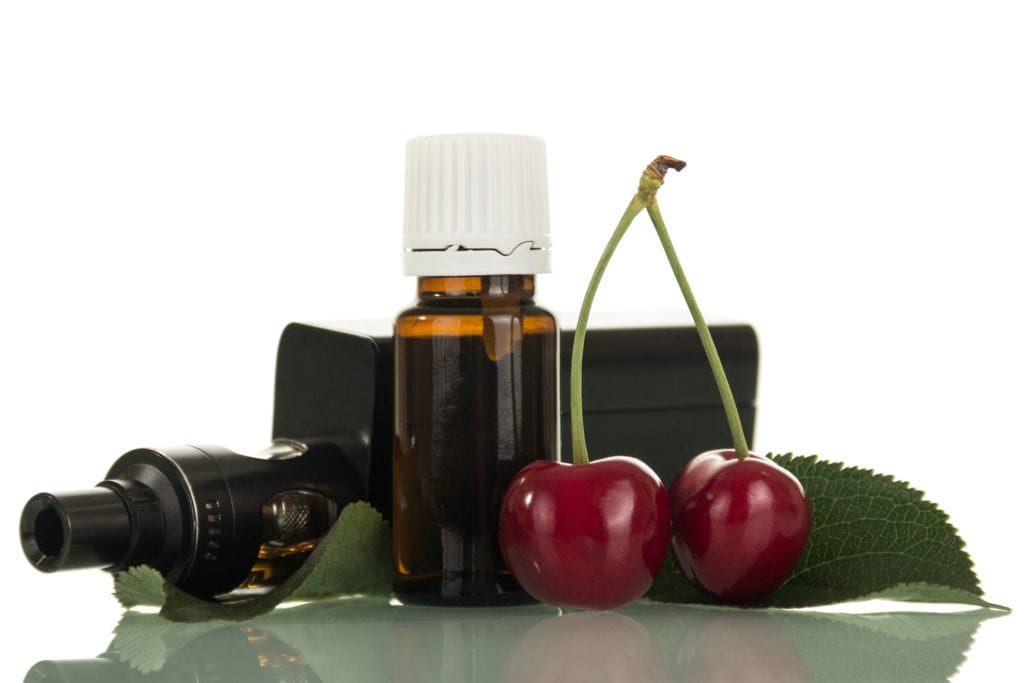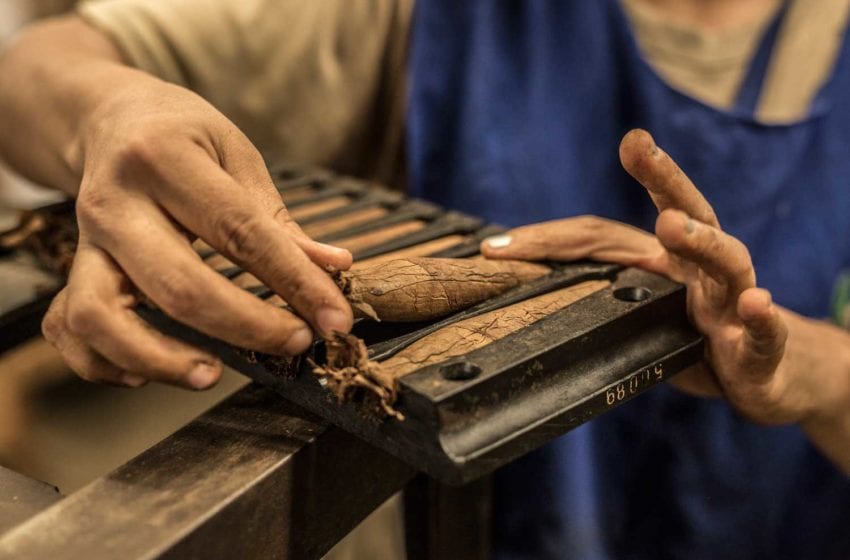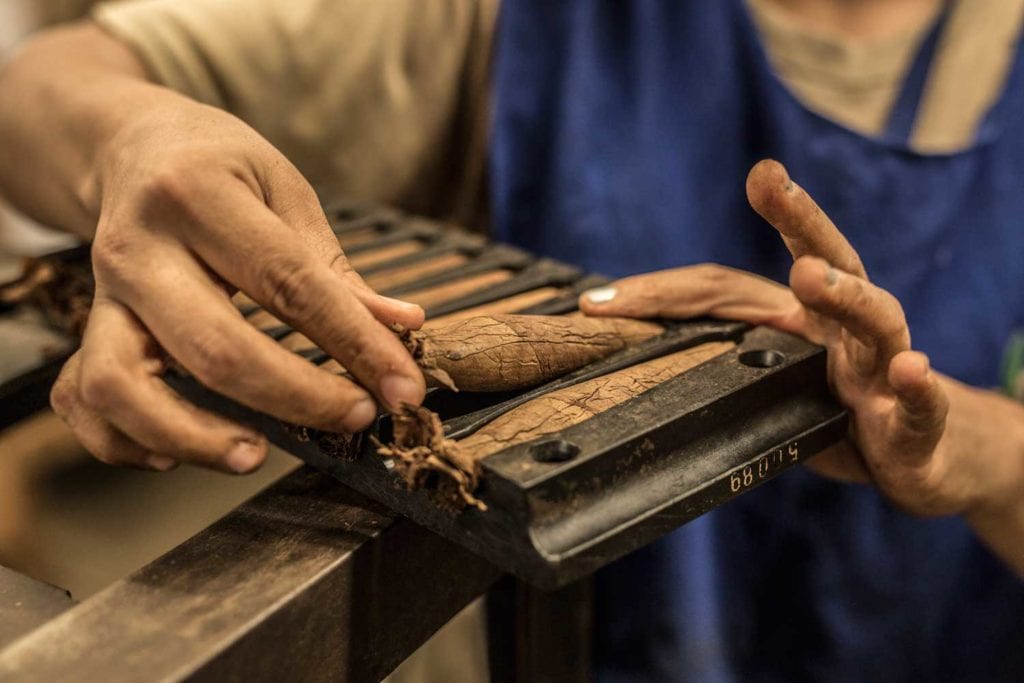
Smokers in New Jersey are now eligible to receive the Covid-19 vaccine, along with other groups that the state considers to be at risk for severe complications from the virus, reports The New York Times. Those groups include those 65 and older and younger people with underlying health problems, including cancer, heart conditions and diabetes.
The announcement came a day after the Trump administration told states to expand eligibility and to quickly use existing vaccine or risk losing future allocations.
New Jersey’s decision to immediately adopt all of the recommendations by the Centers for Disease Control and Prevention (CDC) for priority vaccination has prompted a backlash because it puts these groups ahead of some essential workers, including teachers.
On Friday, Governor Philip Murphy called criticism that smokers were jumping the line a “cheap shot” and a “false narrative,” noting that the state is hewing closely to CDC guidelines.
The CDC includes smoking on a list of medical conditions that it recommends be prioritized in state vaccination programs because of the higher risk of serious complications from Covid-19. But to date, only one other state, Mississippi, appears to have authorized vaccinations for people younger than 65 based solely on the criterion that they smoke cigarettes.
New Mexico and Texas have made people with other high-risk medical conditions eligible for the vaccine, but not smokers. Alaska, Maine, Massachusetts and North Carolina include smokers, but not until later phases.
As of Friday, New Jersey had administered less than half of the 658,800 doses of vaccine shipped to the state, according to the CDC, a rate that lags behind most other states in the Northeast.





